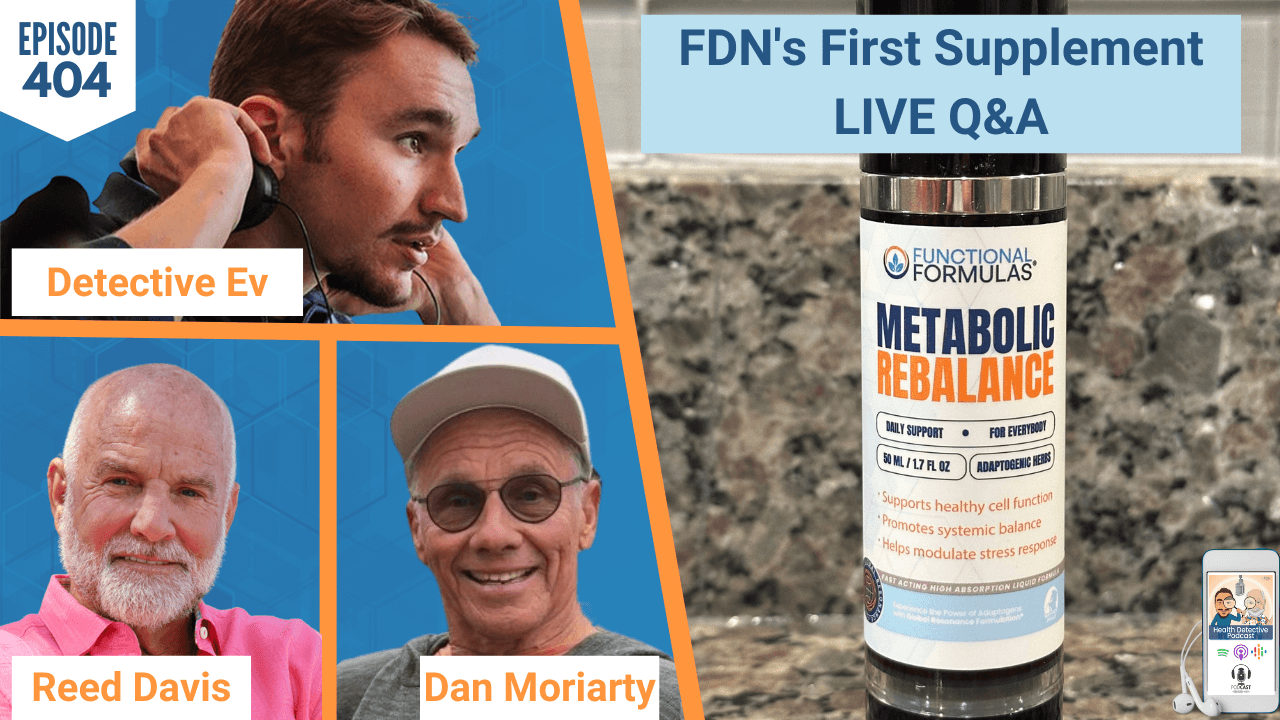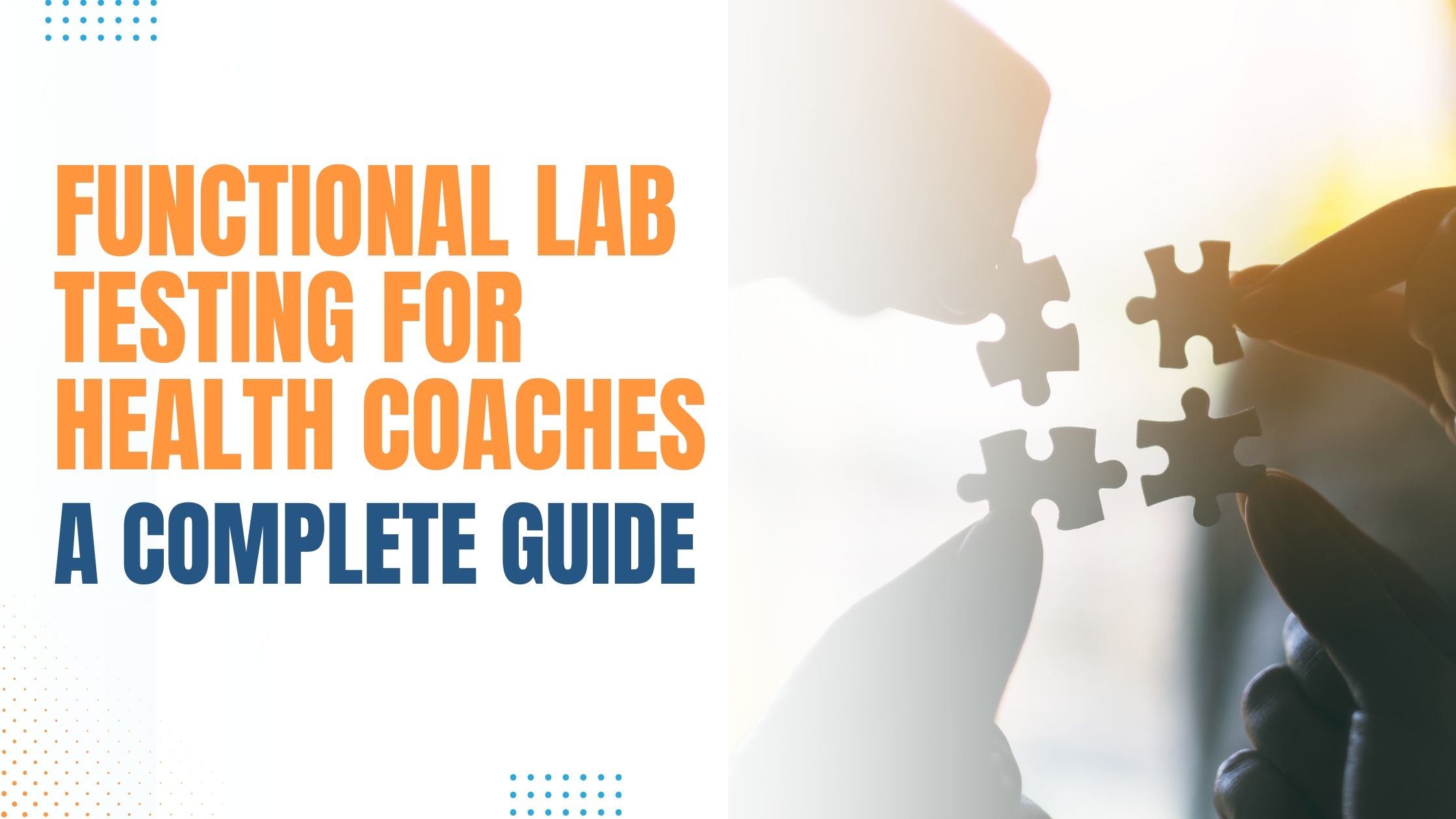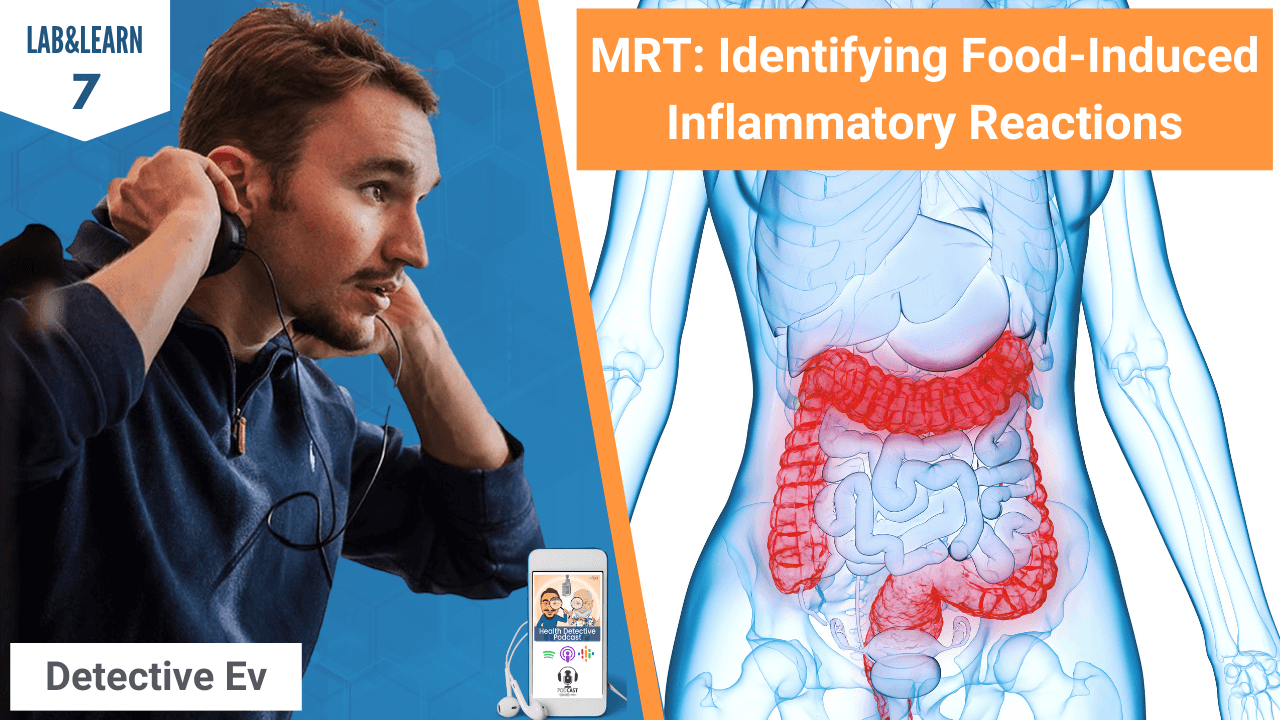Health coaching in its proper sense is acting in advocacy towards the pursuit of optimal health. The World Health Organization calls this state “Positive Health” which should reflect the highest level of wellness possible. “Optimal” is a very rarified quality – one that should not be thought of just in theory or in ideal terms, but rather in very personal, attainable, and sustainable ones. Paradoxically, the pathway to an optimal solution requires a Health Coach to help establish realistic, attainable goals.
Health coaching is about empowering clients to think creatively about their circumstances and options, and then to adopt responsible behaviors in support of their goals.
Health Coaches act in partnership with clients to develop and pursue personalized wellness goals. Clients may desire these goals for a variety of reasons, but certainly a common and important motivator is when a client has a bothersome and somewhat mystifying set of health concerns that have eluded their efforts to find relief. Here it is very important for those in the health coaching profession to really understand what must differentiate their efforts from those of practitioners within the medical profession.
Optimal health was mentioned as the primary focus for Health Coaches, while treatment of disease is certainly a focus of those within the medical profession. Out of the medical dictionary, disease is understood as “any deviation from or interruption of the normal structure or function of any part, organ or system (or combination thereof) of the body that is manifested by a characteristic set of symptoms and signs, and whose etiology, pathology, and prognosis may be known or unknown.”
If you consider “any deviation from normal” as disease, you have a descriptive net that cannot be escaped. The field of medicine doesn’t concern itself with just any deviation from normal, but primarily those with very characteristic sets of symptoms and signs. Generally, a suspected cause (etiology) and an identified combination of affected systems (pathology) with particular risk will benefit from applying prescribed therapies (prognosis).
Health coaching clients often relate that they have seen their physician for the very complaints they still want relief from. After an examination and some tests, they were reassured that “everything is fine.” That reassurance rarely changes the bothersome experiences they were seeking to eliminate. It is not a reassurance that they are in optimal health, but merely that they are not “diseased” from a medical perspective, or at least not “diseased enough” to warrant medical intervention.
If the patient is not reassured with the news provided by the medical professional, they may be given a plan for additional follow up. Additionally, they may be counseled that their symptoms don’t represent anything terribly dangerous and may resolve, in time, on their own. They also may be something the patient is advised to learn to live with. Health Coaches then, generally work with clients on particular issues that concern them, far more than they concern medical professionals.
Those optimal health issues also represent a very individualized collection of symptoms and signs. Diseases are generally diagnosed by applying standardized criteria extracted from large populations with similar clusters of complaints – to identify findings that are truly reliable in indicating disease. Returning to the definition of disease, which acknowledges that etiology, pathology and prognosis even for characteristic symptoms and signs may be “known or unknown”, there is inevitable uncertainty when “non-characteristic” patterns of signs and symptoms are present.
What is present in these “non-characteristic” complaints is a great foundation to promote healing opportunities for every cell, tissue, organ and system of a client’s body through the systematic application of sound health principles and investigative testing.
The Functional Diagnostic Nutrition® (FDN) program is a proven pathway to gaining insights into multiple, dynamic health influences and “how to” training in the application of personalized programs that leverage those insights into health promoting behaviors.
Much of medicine is focused on “managing disease” especially with conditions that are defined as chronic, like diabetes (high blood sugar), hypertension (high blood pressure), and hypercholesterolemia (elevated cholesterol levels). In western societies that “triad” of disease states are known to be inter-related and, to a significant degree, culturally derived. When those conditions all appear together, a patient is said to have “metabolic syndrome.” Each of those conditions pose known risks to longevity, even with the multiple medical strategies available to deal with each of them.
These types of challenges are generally considered the appropriate realm of “internal medicine” which focuses on the physical plane. However, health is not simply the absence of disease. It is quite possible for an individual to have any number of diseases “well controlled” medically without experiencing much in the way of vitality. Surprisingly enough, cultural influences can overwhelm what might seem like common sense and, in western society, it is not uncommon for folks to put their career emphasis, duty to family, or just their personal preferences above their commitment to their own health. Living, after all, has historically always led ultimately to progressive dysfunction, disease, disability, and death. It has only been in very recent times that “plenty” and “comfort” have become hazards to our health in the way that scarcity and danger threatened our ancestors.
With all of the urgencies of modern life and the “shortcuts” available to bypass more sensible and sustainable behaviors, there are many pathways available to take health for granted. These pathways accelerate our slide down the slippery slope from health to declining vitality. If an individual remains on the path that landed them on that slippery slope, they’ll need all the medicine they can get to stay “above ground.” However, if they gain a spark of insight that other choices could put them on better paths, then the awareness and education that partnering with a Health Coach can provide may create for them a better way.
That new way, more often than not, helps an individual to get out of their own way, by reconnecting not only to appropriate physical resources, but spiritual, mental, and emotional ones as well. It is never a Health Coach’s responsibility to alter the treatment plan for a diagnosed disease. It is both common and reassuring when an FDN-based plan addressing “non-characteristic complaints” leads to a reduction or elimination of medication. However, that should not be the expectation or objective of such a plan because the principles applied and the investigations performed never have as their aim the treatment of disease.
Diseases that are closely associated with certain behavioral traits can often be modified by changing those behaviors. That is certainly known in medicine, but rarely emphasized in day-to-day clinical practice. In most doctor’s offices it is a very “happy accident” when the appropriate attention-to-lifestyle, which is foundational in an FDN-derived health coaching program, addresses these omissions and goes well-beyond with a comprehensive approach to wellness.
It is equally common for “non-characteristic” complaints to resolve after the implementation of an effective wellness program, while the need for specific medical treatments continue. The contributions of medicine and health coaching are complimentary to the well-being of a person. It is truly a “win-win” experience for the individual when they can trust that all the professionals contributing to the full spectrum of their well-being understand that there is value in each part, and fully experience that the whole is greater than the sum of these parts.







